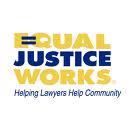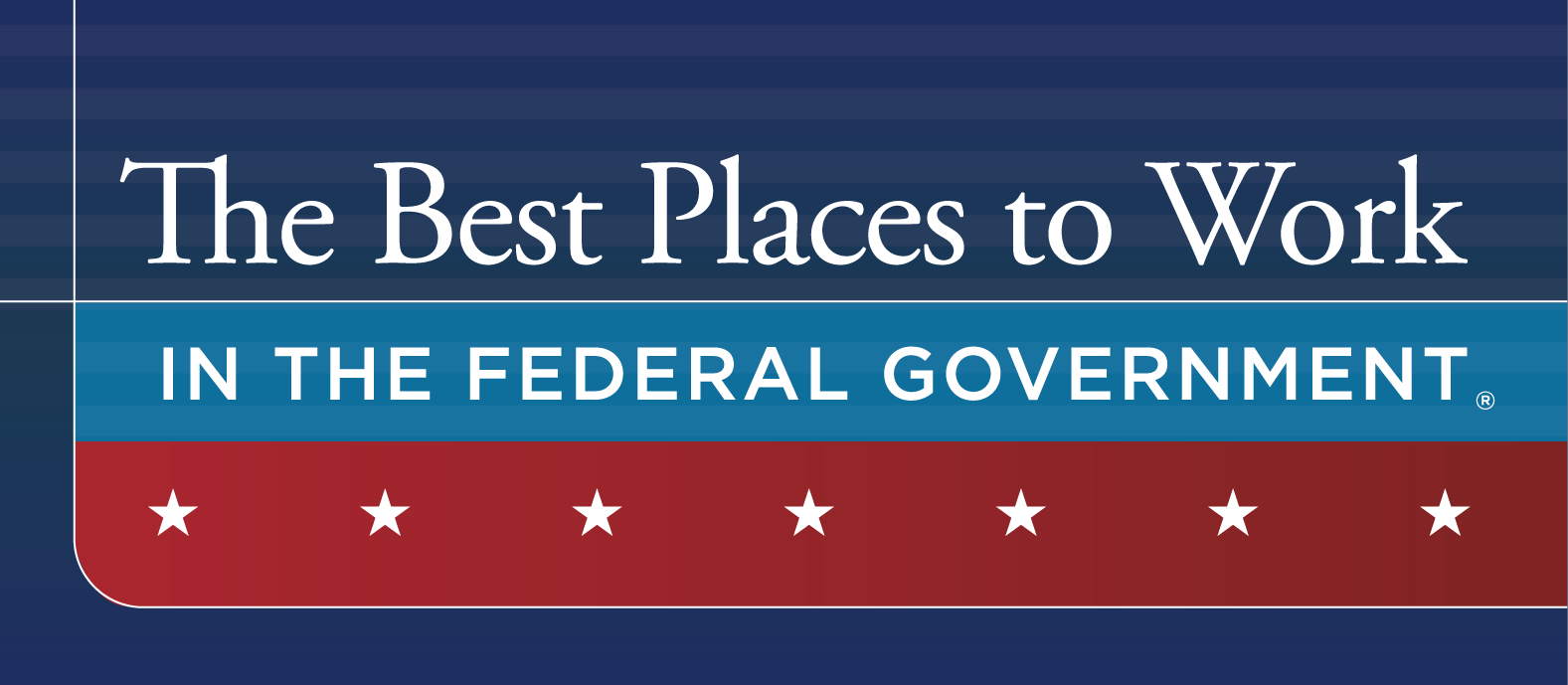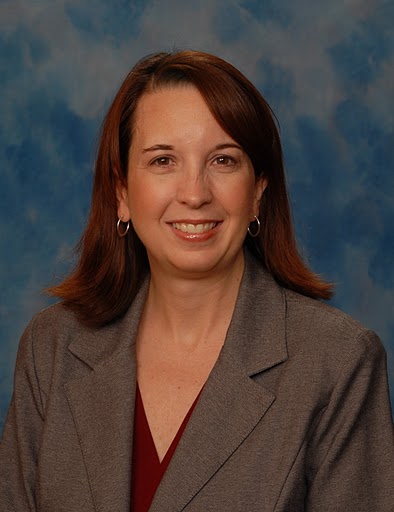Public Interest News Bulletin: 9/10/10
There was no Public Interest News Bulletin last Friday. This is because the PSLawNet Blog observed the Labor Day long weekend by doing less labor. But the Bulletin returns today with a special Interrogatory Edition.
This week: Why is it bad to be mean to opposing counsel?; Volunteer State pro bono – redundant?; legal services – to bundle or not to bundle?; do you know what an MLP is?; how do resource-strapped courts observe speedy-trial guarantees?; law students can’t pretend to be attorneys, but can they collect attorney’s fees?; how cold is stealing money from a legal services provider?; how cool an acronym is LOLLAF?; where’s the best place to work in Uncle Sam’s bureaucracy?; how much poverty has the recession created?; are those pesky law school professors messing up legal education?; and finally, what’s shakin’ over at the ABA Division for Legal Services?
legal education?; and finally, what’s shakin’ over at the ABA Division for Legal Services?
- 9.10.10 – the New Jersey Law Journal reports that a “New Jersey state appeals court on Wednesday overturned a conviction for attempted murder of a policeman, in part because the prosecutor’s persistent denigration of defense counsel could have swayed jurors. The comments ‘clearly suggested to the jury that defense counsel was inept,’ the Appellate Division said in State v. Bridges, A-0806-07.” Among other remarks the prosecuting attorney accused the public defender – in front of the jury – of violating court rules, interrupted his summation several times, and repeatedly asked the defendant if he was a liar. The appeals court noted that defense counsel did not object very often and, ironically, this gave more momentum to the aggressive prosecution and led to an imbalanced picture for the jury to view. The court also found error in the trial judge’s jury charges. The county prosecutor’s (Sussex) office has not yet decided whether to appeal the decision.
- 9.8.10 – a blog on the Knoxville News Sentinel’s website reports on a new access to justice initiative: “The Tennessee Supreme Court has established a program allowing retired attorneys to provide pro bono legal services as yet another step in the Court’s effort to improve access to justice in the state…. The pro bono emeritus rule gives retired attorneys the authority to perform all legal work, without pay, on behalf of a client. Pro bono emeritus attorneys may represent the client in court with the approval of the judge hearing the case.” The state’s high court has done some heavy lifting lately on the access-to-justice front; for more check out item 10 in the PSLawNet Blog’s July 9, 2010 Public Interest News Bulletin. It’s also noteworthy that a similar retired-lawyers-return-to-do-pro-bono-program was launched in New York State earlier this year.
- 9.8.10 – according to the Atlanta Journal Constitution, Cobb County is expanding attorney practice rules that permit limited scope representation, or “unbundled legal services,” so that more moderate-income individuals can afford the services of a lawyer for discrete undertakings – like a consultation or document preparation – when they could not afford the fees that would be charged for full-scope representation on a legal matter(s). The article touches upon the fact that the recession has brought the debate about limited scope representation to the front burner because many more people find themselves with legal problems but without sufficient funds to pay for an attorney. And outside of Georgia, “[t]he practice is popular in California, where there are continuing legal education courses for lawyers on the topic. In Massachusetts, the state’s highest court last year expanded a trial program for limited scope representation to the entire state court system.” The PSLawNet Blog has covered news on the limited-scope representation debate in other jurisdictions, like Arizona (item 5) and Michigan (item 7), and here’s a New York Times op-ed from the chief justices of California and New Hampshire arguing that states should consider limited-scope representation as one means to increase access to justice.
- 9.6.10 – the Jacksonville Daily Record reports on a success story emerging from the work of the Northeast Florida Medical Legal Partnership. The NFMLP has teamed up with medical clinics that serve low-income patients in order to provide legal services for patients when necessary – such as appealing a denial of Social Security or medical benefits. Cases that run through the NFMLP are taken by pro bono attorneys at firms of all sizes or by staff attorneys at Jacksonville Area Legal Aid. As the PSLawNet Blog has noted before, medical-legal partnerships are increasingly popular because they afford professionals from these two disciplines an opportunity to holistically address their patients’/clients’ problems.
- 9.5.10 – Congestion in the courts! The Press-Enterprise reports on a case in front of the California Supreme Court – People v. Engram – stemming from resource shortfalls and case backlogs in Riverside County trial courts – problems that exist in many other California counties as well. The case could have an impact on “how courts statewide handle criminal cases on the verge of dismissal because of constitutional speedy-trial deadlines.” After a long, winding adjudicatory path that included a conviction on a felony charge, a reversal, a retrial, a mistrial, and a stream of continuances on a third trial, a court ultimately dismissed the people’s case against Engram because it has reached a time deadline intended to guarantee a defendant’s speedy-trial right. As it turns out, Riverside County has streamlined its docket system since the troubles at the center of this case took place. As noted though, the underlying issue in the case could affect courts elsewhere in the state which are grappling with similar problems.
- 9.4.10 – the Palm Beach Post reports that, “In Florida, 12 men have been freed from prison since 2000 after DNA evidence proved their innocence, some after serving time on Death Row. Now the Florida Supreme Court has ruled a legal system that allows such miscarriages of justice needs to be fixed. It has created the Florida Innocence Commission to learn what goes wrong and to propose reforms. Florida becomes the 10th state to study the causes of wrongful convictions.” The commission is being funded with an appropriation from the state legislature and a grant from the Florida Bar Foundation. The commission “will not hear individual please from those who say they have been wrongly imprisoned,” but rather will explore the systemic causes of wrongful convictions. That work is already underway, and according to the story, “Mistaken eyewitness identification is far and away the leading cause…” of wrongful convictions.
- 9.2.10 – from the National Law Journal, we learn that Washington D.C.’s highest (local) court delivered a favorable ruling regarding attorney’s fee awards for law school clinical programs last week. Regarding an administrative matter in which two law students represented an individual whose disability benefits were terminated, the “…D.C. Court of Appeals ruled…that the Public Justice Advocacy Clinic [at George Washington University’s law school] was entitled to legal fees under a District of Columbia law pertaining to government worker disability cases. The court…found that the students’ work, supervised by George Washington clinical professor Jeffrey Gutman, did not amount to lay representation, which would have precluded recovery. The clinic sought about $6,400 in fees.” The question in the case turned on whether a particular statute governing attorneys fees could apply to the work done by law students, who are by definition not attorneys. “Because the students had worked closely with Gutman, a licensed attorney, the court found that awarding the fees was warranted.” This decision is narrow because it deals with a particular statute, but this story makes the PSLawNet Blog wonder about case law in other jurisdictions on the question of law school clinic programs receiving attorney’s fees for cases handled by students. If you have any insight on this topic, please offer it in the Comments section below.
- 9.2.10 – the Washington Post’s “The Crime Scene” blog reports that a former Maryland Legal Aid Bureau employee “admitted in court that he stole more than $1 million from the nonprofit organization.” Over a 10-year period, MLAB’s former finance chief inflated “invoices for office supplies, then stole the excess money.”
- 9.1.10 – the Suburban Journals (St. Louis Metro Region) website offers a nice profile of Lois Wood, a longtime legal services attorney, and the organization for which she currently serves as executive director, the Land of Lincoln Legal Assistance Foundation (LOLLAF) in southern Illinois.
- 9.1.10 – the Washington Post reports on the release of the “Best Places to Work” rankings of federal government offices, a report produced by the Partnership for Public Service and the American University School of Public Affairs. Over a quarter of a million federal employees at 290 federal organizations participated in the survey process. Here’s a link to a recent PSLawNet Blog post about “Best Places to Work”, and here’s a link to the report website itself.
- 8.30.10 – in a short, data-heavy piece, USA Today reports that, “Government anti-poverty programs that have grown to meet the needs of recession victims now serve a record one in six Americans and are continuing to expand.” Medicaid enrollment is up 17% since late 2007, when the recession began. The number of food stamp recipients has grown by almost 50%. Unemployment insurance benefits are going to four times as many individuals now compared to 2007. And the Temporary Assistance for Needy Family (TANF) “welfare” rolls have increased by 18% in the recession. Costs, of course, have risen as caseloads have expanded, and folks in Washington are debating how much strain anti-poverty programs can/should bear in light of federal fiscal woes.
- 8.30.10 – the National Law Journal reports on a forthcoming law review article which argues that reforms in legal education may be hampered by the fact that the legal academy is still highly focused on scholarly research and not on teaching practice skills. The PSLawNet Blog nicely summarized the article (if we do say so ourselves) in a post last week, and here’s a link directly the NLJ article.
- Summer 2010 Edition of ABA Dialogue – the Summer 2010 edition of Dialogue, the quarterly magazine of the ABA Division for Legal Services, is now available online. it features several articles on IOLTA funding, pro bono news from around the nation, and pieces on medical-legal partnership and a project to aid military servicemembers.
Permalink Comments off






















































